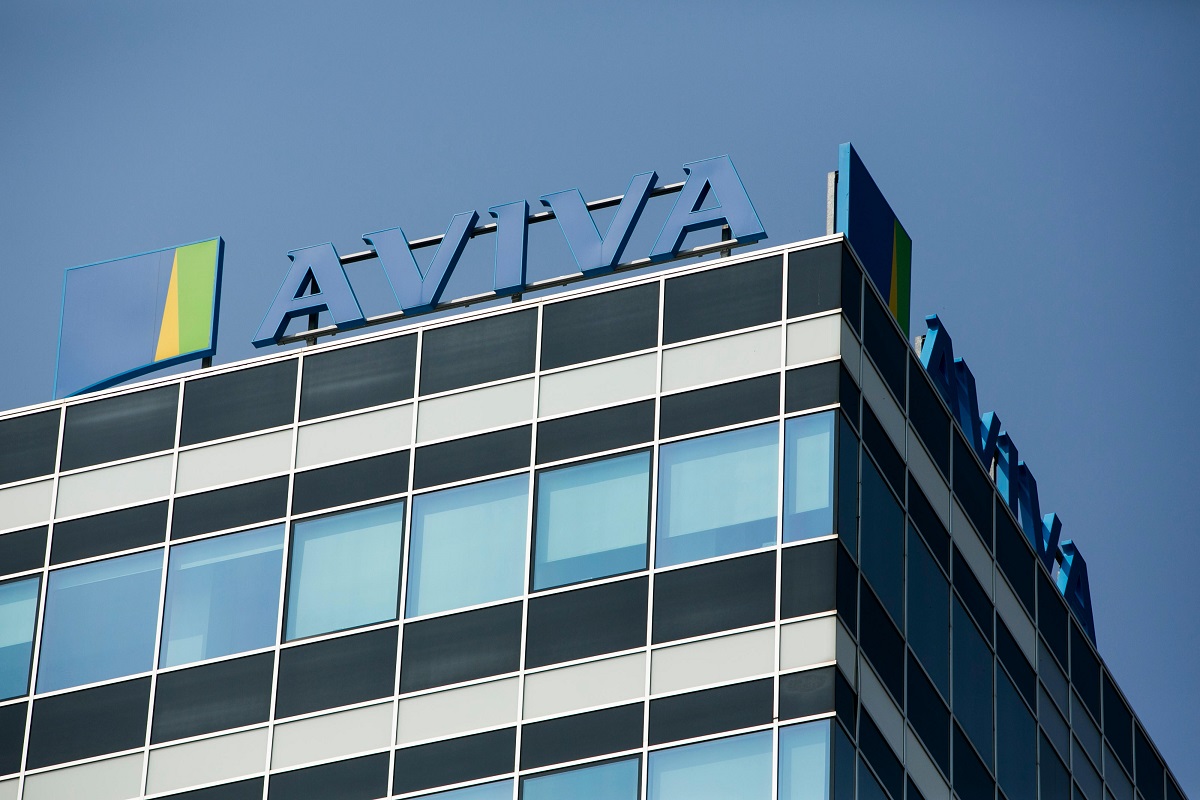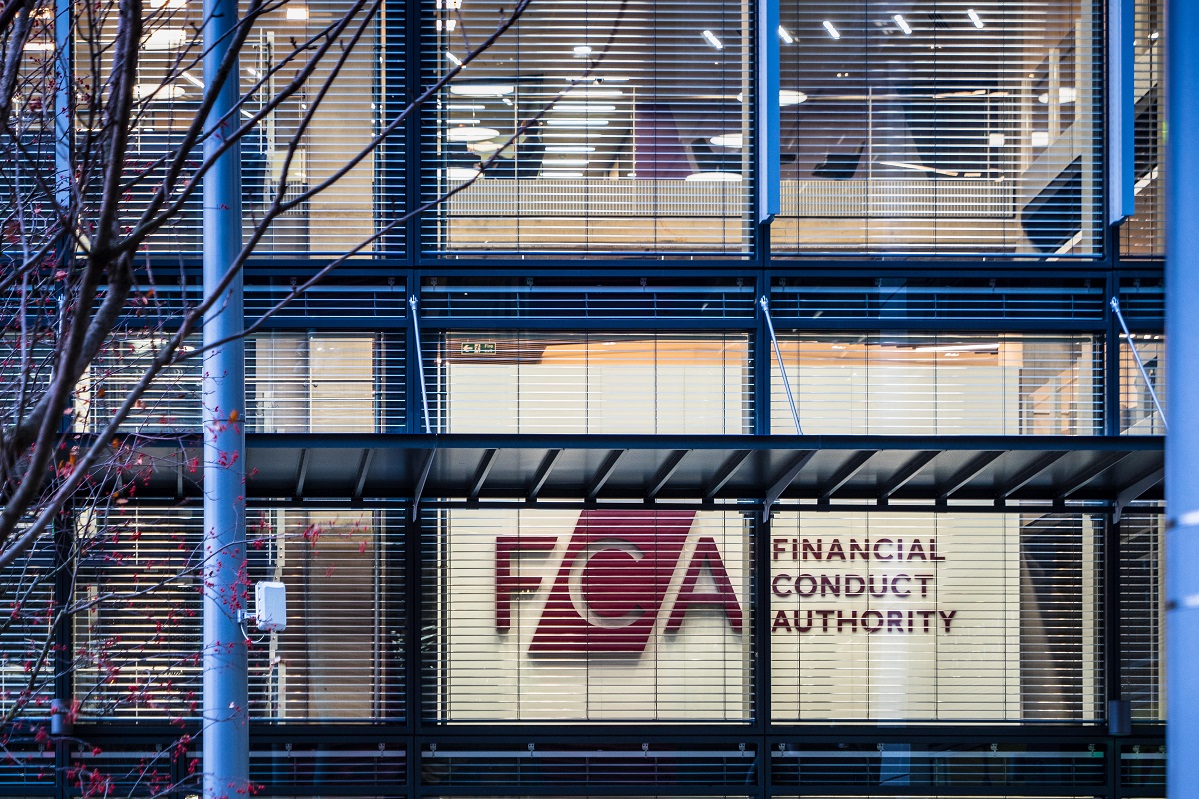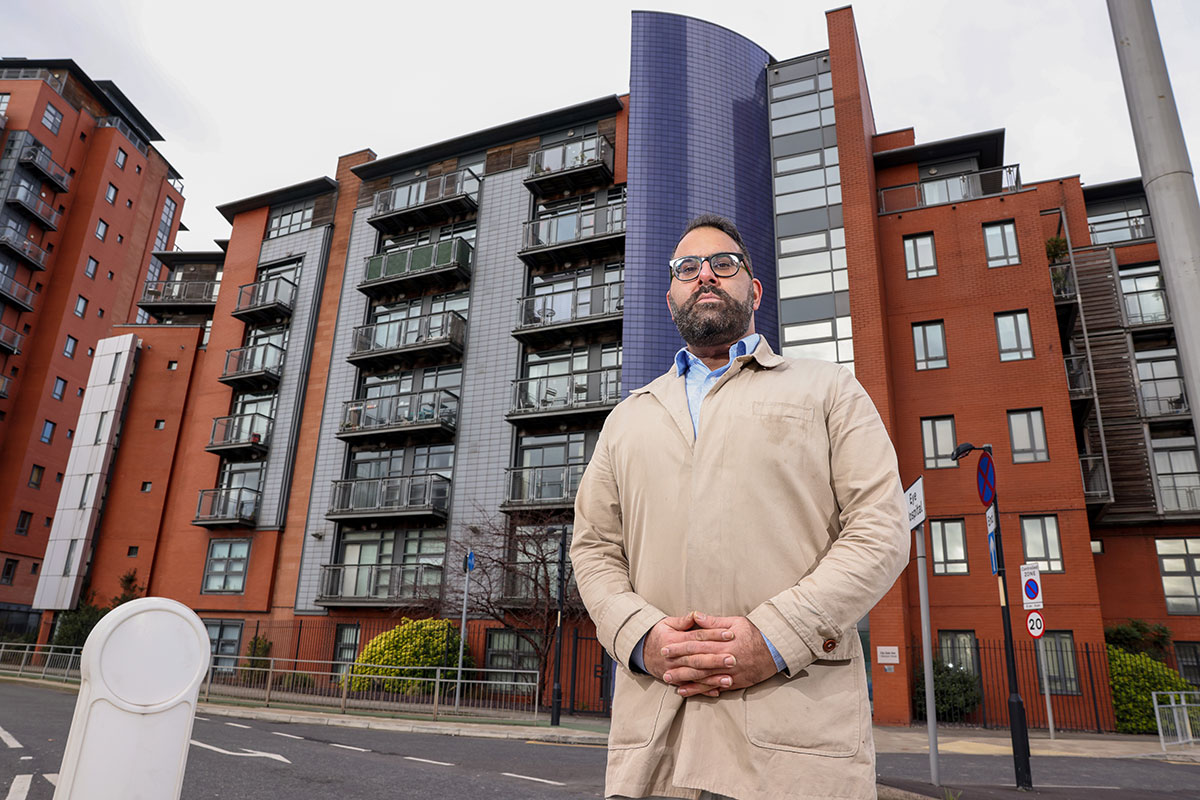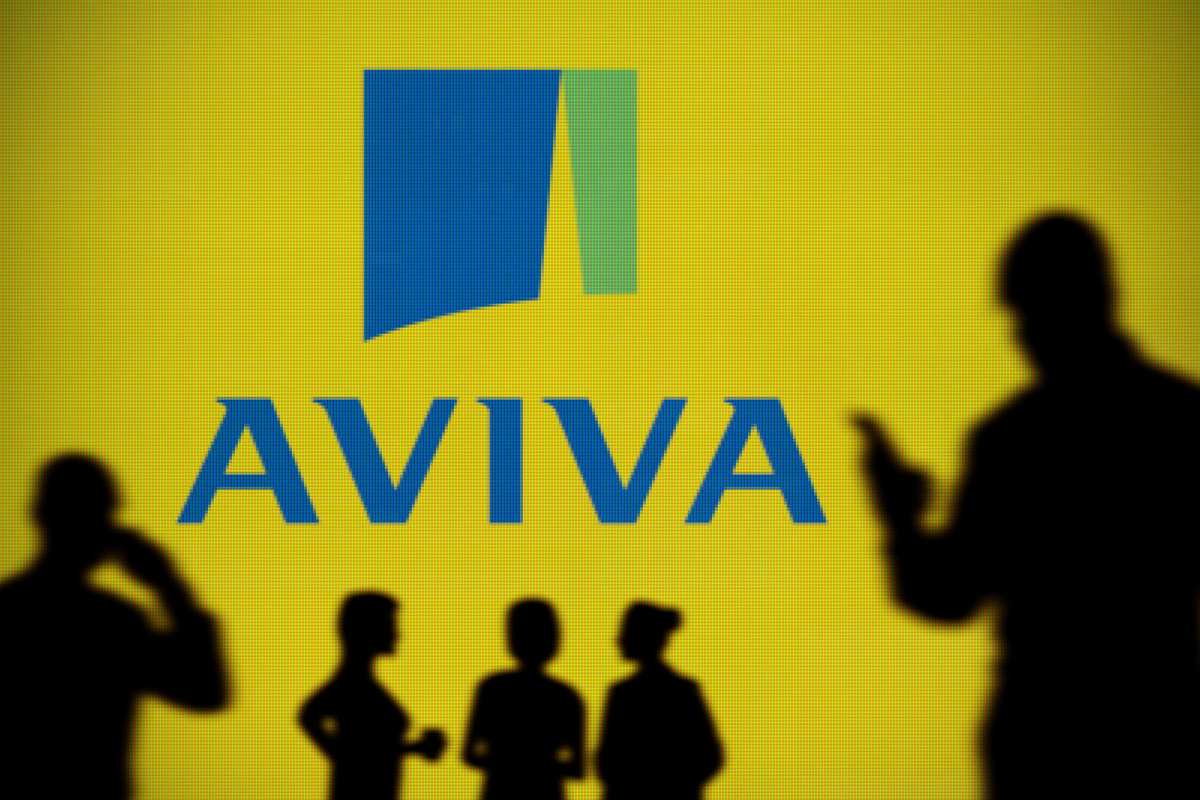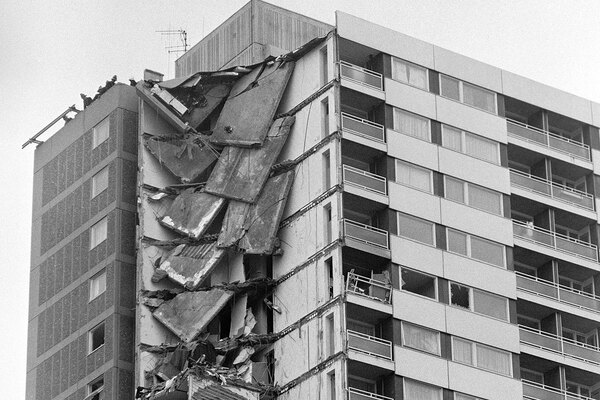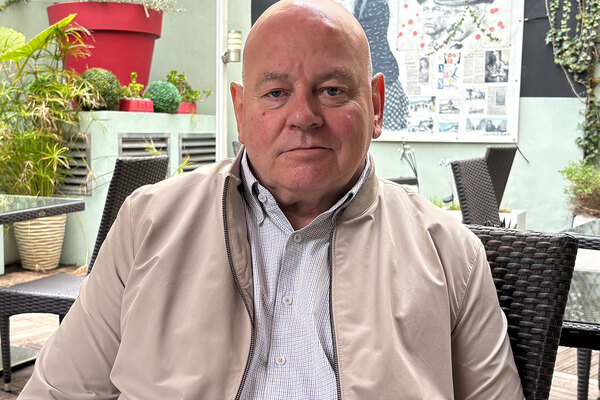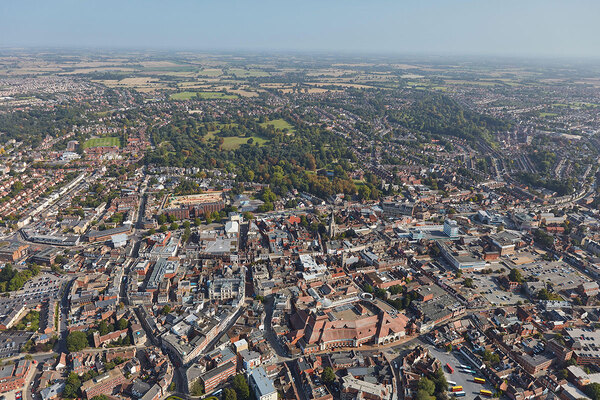Major UK insurance firm accepts leaseholders should be protected from fire safety costs in blocks owned by its funds
The UK’s largest insurer has accepted that leaseholders at buildings with fire safety defects owned by its investment funds are protected from paying for the cost of repairs.
Aviva, which manages pension funds owning dozens of buildings caught up in the cladding crisis, has previously resisted accepting responsibility for fixing them.
But in a statement shared with cladding campaigners last week, the firm said properties owned by its Investors Ground Rent Fund special purpose vehicles (SPVs) are “associated with the Aviva Group and as landlords do meet the contribution condition”.
“This means that many leaseholders in buildings owned by these SPVs will not have to contribute to remediation costs at all,” it said.
The firm, which has £223bn of assets under management, manages a fund that owns around 1,000 residential apartment buildings across England and Wales, comprising around 40,000 apartments.
Dozens of these blocks – like many around the UK – have been caught up in the building safety crisis in recent years, with repair bills running into the millions per building.
Aviva did not confirm how many buildings are impacted or the size of its potential liability.
But it had previously denied responsibility for many buildings, saying that responsibility lay with management companies or that the buildings were not owned directly by Aviva.
Its acceptance of responsibility follows new laws coming into effect that protect qualifying leaseholders from building safety costs where the landlord or the wider group of companies it is part of has a net worth greater than £2m per building they own.
It means the costs will either fall to the original developer, if they can be found, or Aviva if they cannot. The firm may seek to recover them from another responsible party.
The statement was first given to resident campaigners from the End Our Cladding Scandal campaign, who obtained a share in Aviva in order to attend the company’s AGM and put questions on behalf of affected leaseholders.
Asked if changes to regulations protecting leaseholders, which were made in February, impacted Aviva’s position, the firm said: “We can confirm that, following the recent amendment to the leaseholder protections regulations, these SPVs are associated with the Aviva Group and as landlords do meet the contribution condition.
“This means that many leaseholders in buildings owned by these SPVs will not have to contribute to remediation costs at all.
“The fund is already talking to various developers of the buildings it owns about remediation proposals. For other developers who have signed the government’s remediation contract, we are making contact, and asking for their proposals for making good life-critical fire safety risks.”
The statement added that, like the leaseholders, Aviva had acquired the buildings once constructed in the belief that they were safe and compliant.
The protection will apply to many leaseholders in Aviva buildings, but not those who do not qualify for protection: those in buildings below 11 metres in height or small landlords who own more than three properties in the UK, and the flat in question is not their main home.
The End Our Cladding Scandal campaign said it “remained concerned over the position of non-qualifying leaseholders in these buildings, and the lack of protection they are to receive”.
Campaigners also questioned Aviva about its role as a provider of insurance on impacted buildings, and will meet with the chief executive of Aviva Investors in the coming weeks to discuss the position further.
As the Building Safety Act was being developed, Aviva lobbied against it – warning that protections could “deprive leaseholders of the benefits of an institutional landlord”.
Sign up for our fire safety newsletter
Already have an account? Click here to manage your newsletters
